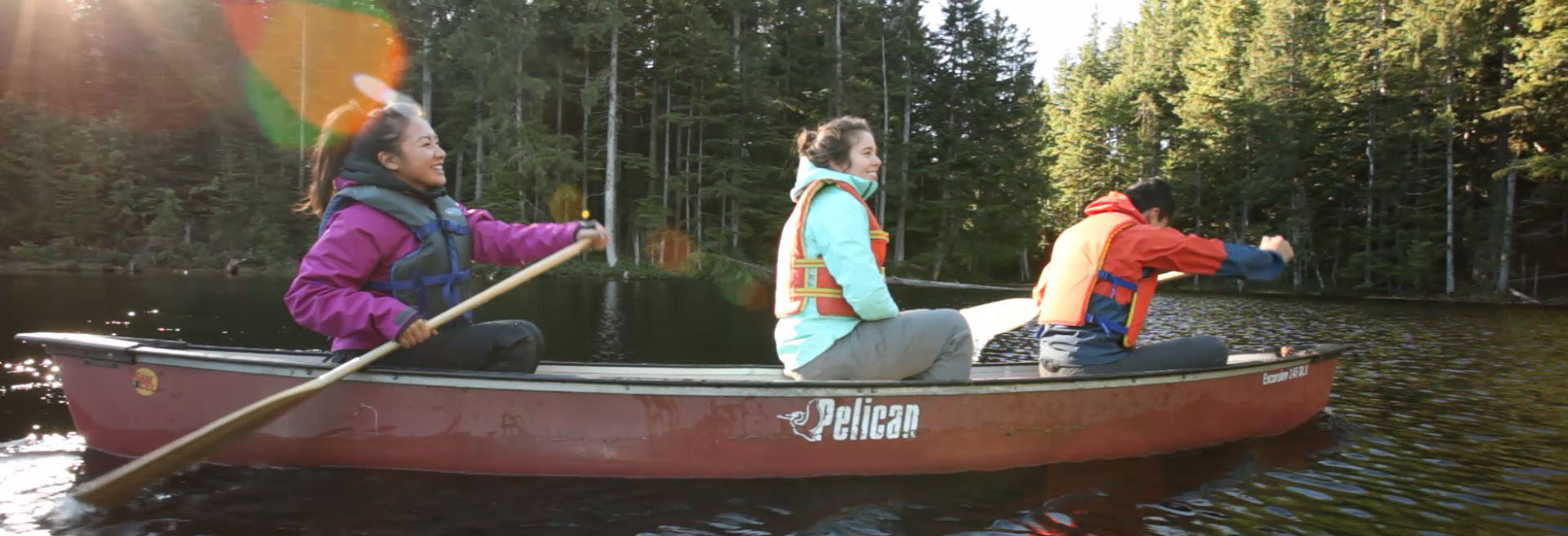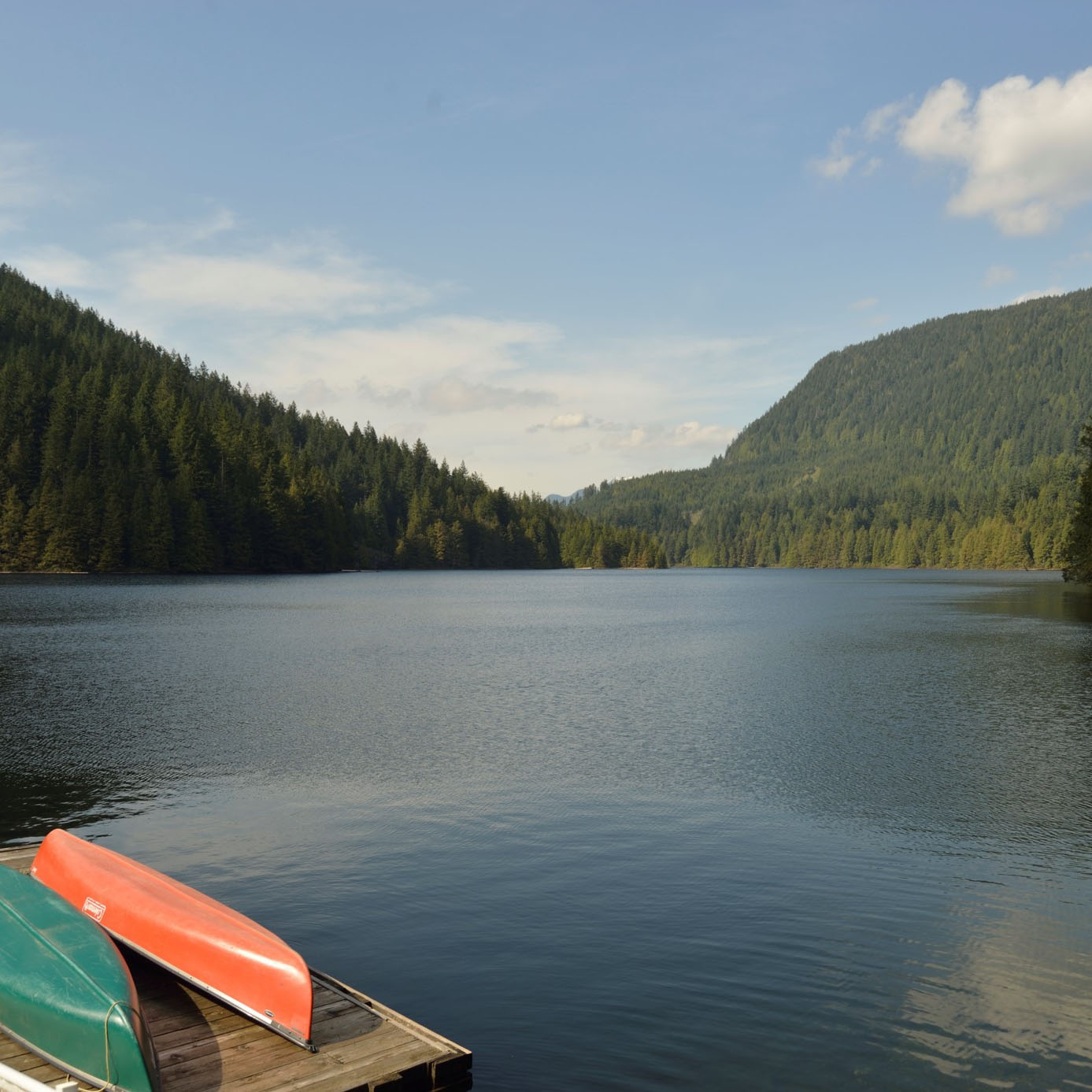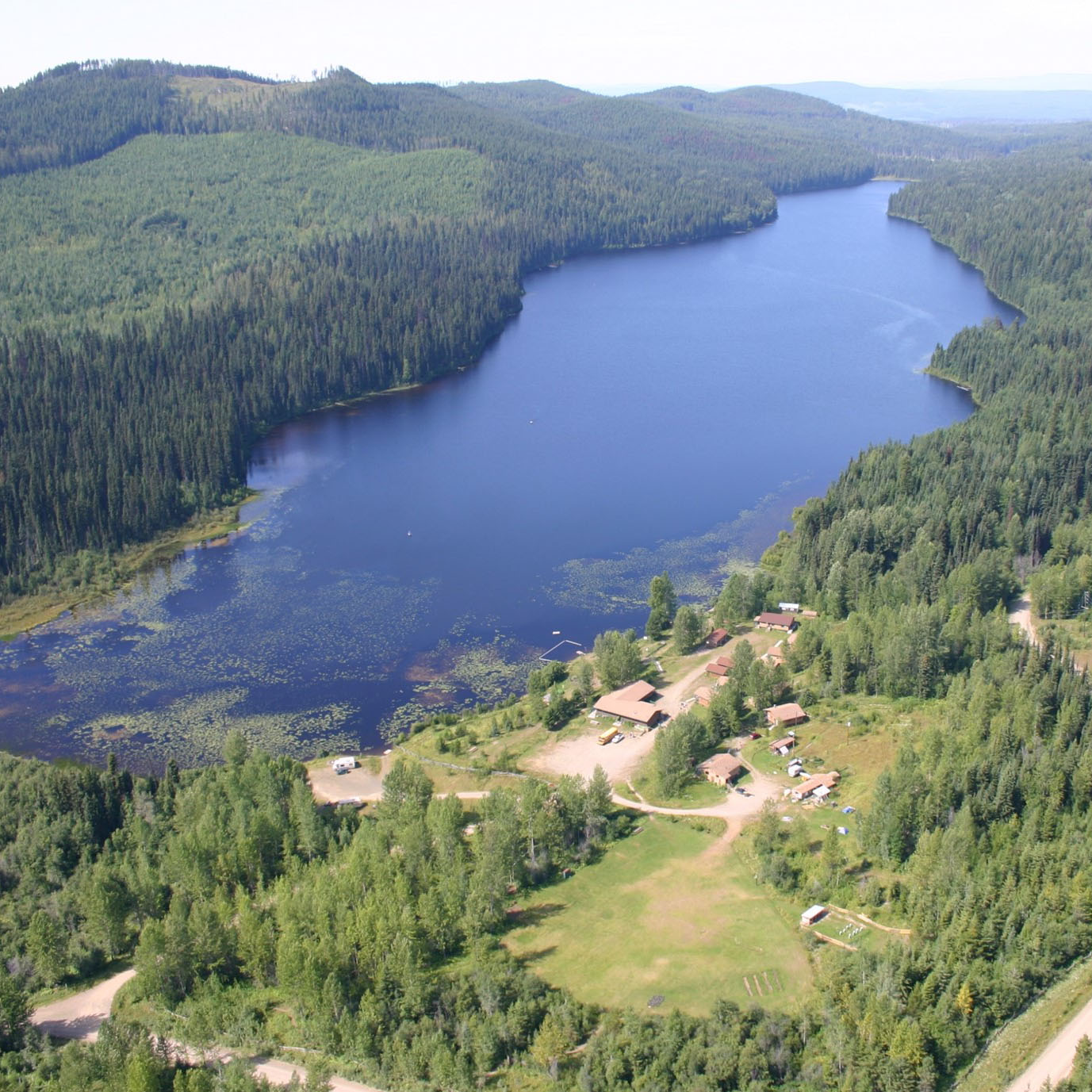
Experiential Learning
Our Commitment
The Faculty of Forestry is committed to providing students with valuable field experience to complement classroom education. Our goal is to create a learning experience that provides you with a sound knowledge base in your study area, while helping you develop the technical, leadership, and communication skills that you will use in your future careers.
UBC Research Forests

Malcom Knapp Research Forest
The Malcolm Knapp Research Forest is located near Maple Ridge on the traditional territories of the Katzie First Nation. The MKRF is a facility for research, demonstration and education, and a small area is reserved for community recreation. Visit the MKRF website for more information.

Alex Fraser Research Forest
The Alex Fraser Research Forest is located near Williams Lake on the traditional territories of the T’exelcemc, Xatsu’ll and Esket First Nations. The AFRF operates a self-sufficient forestry enterprise that supports our education, research and demonstration activities. Visit the AFRF website for more information.
Field School
The Faculty of Forestry’s field schools gives you a change to work closely with your fellow classmates, professors and key forest sector employees while studying in an outdoor setting. You will have the opportunity to apply your knowledge and experience in a real-world resource management context.
The Interior Field School is held at the Alex Fraser Research Forest. This Fall Camp is designed to develop participants’ understanding of forestry practices, land use management and silviculture in diverse BC central interior forests. This course is required for the BSF and BSc Forestry programs, but is also open to any interested students who meet the course prerequisites. See the FRST 351 course page for more info.
The Coastal Field School is held at the Malcolm Knapp Research Forest. This Spring Camp is an opportunity for students to develop the diagnostic and prescriptive skills they will need to work as professional foresters. This course is required for all BSF students. See the FRST 452 course page for more info.
The Conservation Integrated Field School is the capstone course of the BSc Natural Resources Conservation program. Students participate in a semester-long field course that focuses on alpine, grassland and aquatic ecosystems in BC. The course emphasizes understanding the biological and social aspects of conservation problems while developing practical field skills. See the CONS 451 course page for more info.
The International Conservation and Forest Resource Management Field School is an intensive course that runs in the first term of summer semester. Participants explore how conservation efforts and forest resource management can alter and empower the livelihoods of communities in India. Activities include travel to Northern and Southern India to engage in field tours, interviews, lectures, field exercises, and workshops. See the CONS 453 course page for more info.
Wood Machining Skils is a month-long course held in the machine lab at the Centre for Advanced Wood processing. This hands-on course gives students the opportunity to practice safe working procedures while working with modern wood processing machinery. Students design, plan and manufacture their own piece of furniture. This course is required for all BSc Wood Products Processing students. See the WOOD 305 course page for more info.
Haida Gwaii Semesters
The Haida Gwaii Institute offers three distinct Haida Gwaii Semesters that are 14 week programs designed for senior undergraduate students. The Natural Resource Science and Natural Resource Studies semesters offer students the opportunity to learn first-hand about the complex social, cultural, political, ecological and economic issues facing communities at a local scale. All courses are accredited by UBC, and students will earn fifteen 300-level UBC credits after the successful completion of a semester. See the Haida Gwaii Institute website for more info. "Funding opportunities are available for students who might need financial assistance to attend a Haida Gwaii Semester."
Co-op Program
The Co-op Program allows undergraduate students to gain relevant, paid work experience while completing their degree, which gives them the experience necessary to launch their careers immediately after graduation. In the program, students can:
- Earn an average of $2,700 a month during each placement
- Work for community forests, research labs, forestry industries, non-profit organizations, and the federal and provincial governments
- Develop professional and technical skills in addition to the skills they learn in the classroom